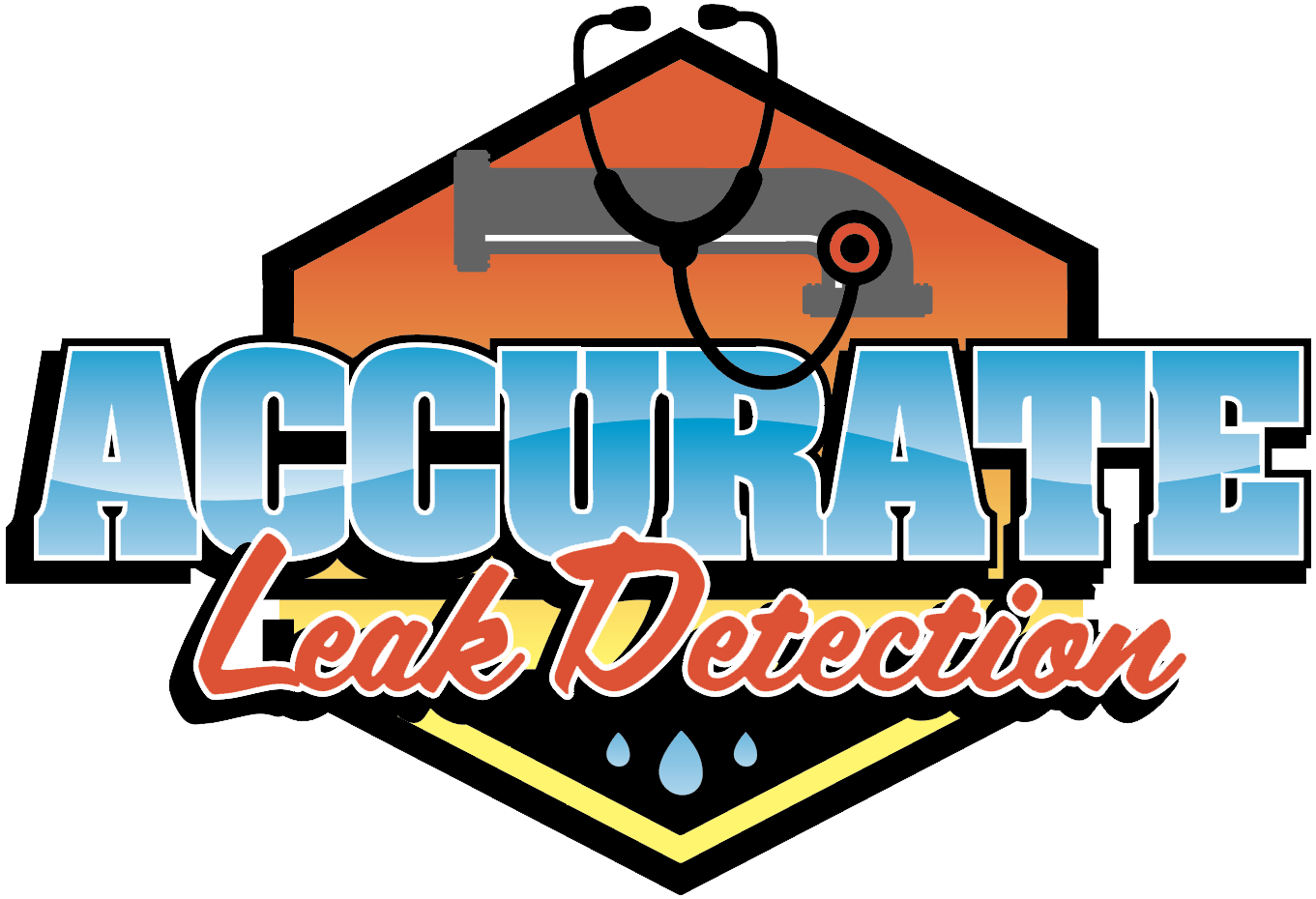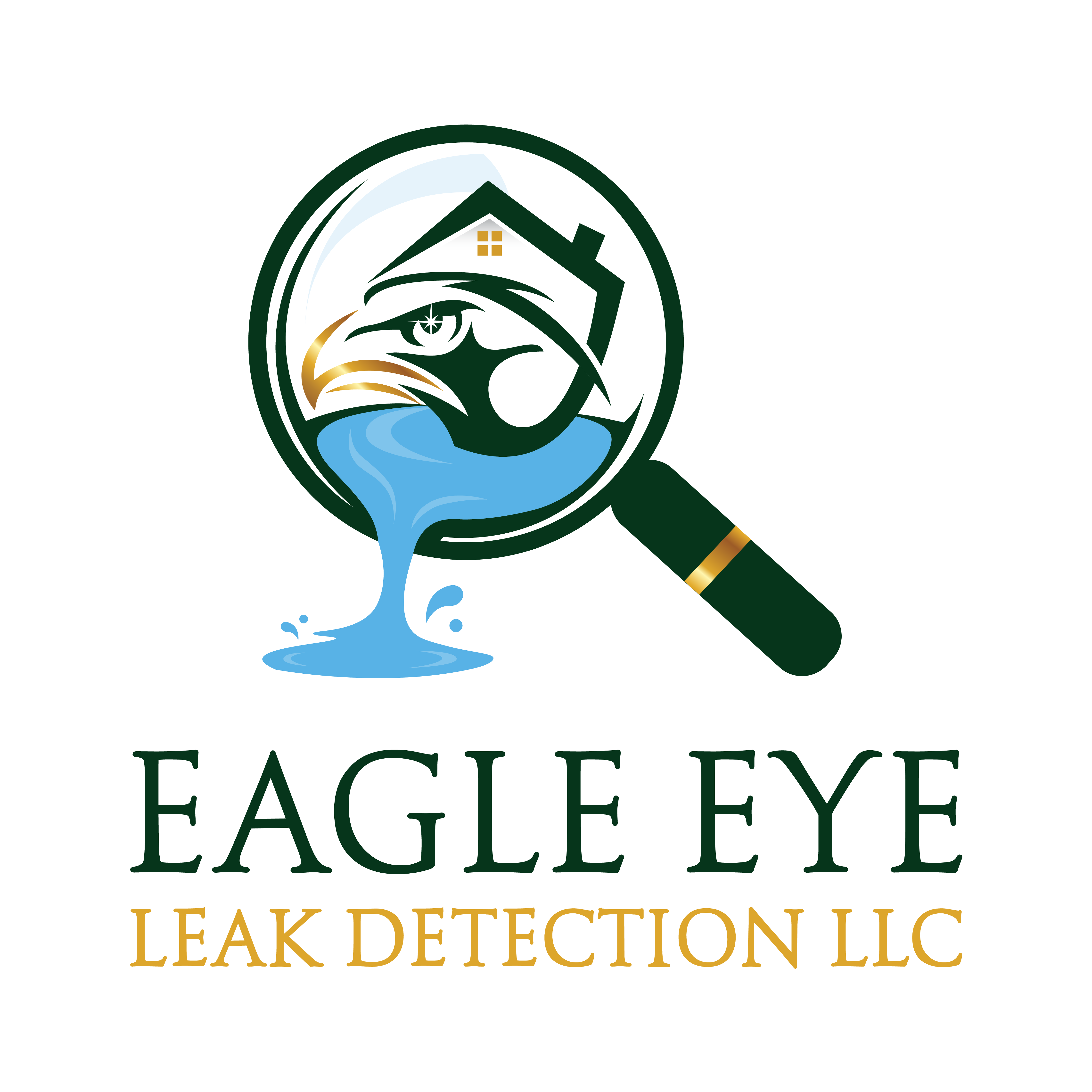So here's the deal, folks. We live in a world where data is like gold, and unfortunately, some people out there are more interested in stealing it than protecting it. The term "praewasian of leak" might sound unfamiliar at first, but trust me, it's something you need to know about if you want to stay ahead of the game. In this article, we're diving deep into what leaks are, how they happen, and most importantly, how you can protect yourself from them. Let's get started, shall we?
Data breaches are no joke. They're like the digital version of someone breaking into your house and stealing your most valuable stuff, except in this case, it's your personal information. The "praewasian of leak" is a concept that refers to the process and consequences of these breaches. It’s not just about passwords; it’s about your identity, your finances, and sometimes even your reputation. This article will help you understand why leaks happen, how they impact you, and what you can do to keep your data safe.
Now, before we dive into the nitty-gritty details, let me tell you something important. Knowledge is power, and in the world of cybersecurity, staying informed could mean the difference between losing everything and keeping your digital life intact. So buckle up, because we’re about to break it all down for you in a way that’s easy to understand and actionable.
Read also:Donny Osmond Reflects On His Iconic Rolling Stone Cover
Table of Contents:
- What is Praewasian of Leak?
- Common Causes of Data Leaks
- Impact on Individuals
- Types of Leaks
- Prevention Tips
- Tools to Check If You’ve Been Leaked
- Real-World Examples of Leaks
- Legal Implications
- Future Trends in Cybersecurity
- Conclusion
What is Praewasian of Leak?
Alright, let’s start with the basics. The "praewasian of leak" is essentially the study or analysis of data breaches. It looks at how and why sensitive information ends up in the wrong hands. Think of it as the digital equivalent of detective work—figuring out who did it, how they did it, and what we can do to stop it from happening again. Data breaches can involve anything from credit card numbers to personal emails, and they’re becoming more common than ever before.
In simple terms, a data leak occurs when unauthorized individuals gain access to private information. This can happen through hacking, phishing, or even insider threats. The consequences can range from minor inconveniences to major financial losses and identity theft. Understanding the praewasian of leak is crucial if you want to protect yourself in today’s digital age.
Common Causes of Data Leaks
Weak Passwords
Let’s face it, folks. We’ve all been guilty of using passwords like "123456" or "password" at some point in our lives. But here’s the thing—weak passwords are like leaving your front door unlocked. Hackers love them because they make their job so much easier. If you’re still using the same password for everything, it’s time to change that habit. Use strong, unique passwords for each of your accounts, and consider using a password manager to keep track of them all.
Phishing Attacks
Phishing is like digital bait. Scammers send emails or messages that look legitimate, tricking you into giving away your personal information. They might pretend to be your bank, a social media platform, or even a friend. Always double-check the sender’s email address and avoid clicking on links from unknown sources. If something seems fishy (pun intended), it probably is.
Insider Threats
Sometimes, data leaks happen because of people within an organization. Whether it’s intentional or accidental, insider threats can be just as dangerous as external hackers. Companies need to implement strict access controls and monitor employee activity to prevent these kinds of breaches. As for you, always be cautious about sharing your personal information, even with people you trust.
Read also:Meet Archie The First Royal Baby Of Meghan Markle And Prince Harry
Impact on Individuals
Data breaches don’t just affect big corporations; they hit regular people like you and me. When your information gets leaked, it can lead to all sorts of problems. Identity theft is one of the biggest concerns, where someone uses your personal details to open accounts, take out loans, or commit other forms of fraud. Financial losses can also occur if your credit card or bank account information is compromised.
But it’s not just about money. Leaks can damage your reputation, especially if sensitive information like private messages or photos gets exposed. In some cases, it can even lead to emotional distress and anxiety. That’s why it’s so important to take steps to protect yourself before it’s too late.
Types of Leaks
Database Leaks
When a hacker gains access to a company’s database, it’s like hitting the jackpot. They can steal millions of users’ information in one go, including names, addresses, phone numbers, and even credit card details. Database leaks are often the result of poor security practices or outdated software. Companies need to invest in robust cybersecurity measures to prevent these kinds of breaches.
Credit Card Leaks
Credit card leaks are a nightmare for anyone who uses online shopping or digital payments. Hackers can sell stolen credit card numbers on the dark web, where they’re bought by fraudsters who use them to make unauthorized purchases. Always keep an eye on your bank statements and report any suspicious activity immediately. Using virtual credit cards or payment services like PayPal can also add an extra layer of protection.
Email Leaks
Email leaks are surprisingly common, and they can have serious consequences. If your email address gets exposed, scammers can use it to send phishing emails or try to reset passwords for your other accounts. Always enable two-factor authentication (2FA) on your email accounts, and avoid using the same password across multiple platforms.
Prevention Tips
So, what can you do to protect yourself from the praewasian of leak? Here are a few tips to help you stay safe online:
- Use strong, unique passwords for each of your accounts.
- Enable two-factor authentication wherever possible.
- Be cautious about clicking on links or downloading attachments from unknown sources.
- Regularly update your software and apps to patch security vulnerabilities.
- Monitor your bank statements and credit reports for any suspicious activity.
Tools to Check If You’ve Been Leaked
There are several tools available that can help you check if your information has been involved in a data breach. One of the most popular is Have I Been Pwned, which allows you to search for your email address and see if it’s been compromised in any known leaks. Another great tool is Google’s Password Checkup, which alerts you if your login credentials have been exposed. These tools are free and easy to use, so there’s no excuse not to take advantage of them.
Real-World Examples of Leaks
Let’s talk about some real-world examples of data breaches to give you a better idea of how serious this issue is. In 2017, Equifax suffered a massive data breach that exposed the personal information of over 147 million people. The breach included names, Social Security numbers, birth dates, and even driver’s license numbers. It was one of the largest and most damaging breaches in history.
Another example is the Yahoo breach, which affected all three billion of its user accounts. Hackers stole names, email addresses, phone numbers, and passwords, making it one of the largest data breaches ever recorded. These examples highlight the importance of taking cybersecurity seriously and holding companies accountable for protecting our data.
Legal Implications
Data breaches often have legal implications, both for individuals and companies. In many countries, there are laws in place that require organizations to notify users if their information has been compromised. Companies can face hefty fines and lawsuits if they fail to adequately protect customer data. As an individual, you have the right to know if your information has been leaked and what steps are being taken to address the issue.
Future Trends in Cybersecurity
The world of cybersecurity is constantly evolving, and new trends are emerging all the time. One of the most promising developments is the use of artificial intelligence (AI) to detect and prevent data breaches. AI can analyze large amounts of data in real-time, identifying potential threats before they become serious problems. Another trend is the increasing focus on privacy laws, such as GDPR and CCPA, which give individuals more control over their personal information.
Conclusion
Alright, folks, that’s the lowdown on the praewasian of leak. Data breaches are a serious issue that affects millions of people every year, but there are steps you can take to protect yourself. By using strong passwords, enabling two-factor authentication, and staying informed about the latest cybersecurity trends, you can significantly reduce your risk of becoming a victim. So go ahead and take action today—your future self will thank you for it.
Before you go, don’t forget to leave a comment and share this article with your friends. Knowledge is power, and the more people we can educate about the praewasian of leak, the safer we’ll all be. Stay safe out there, and remember—cybersecurity is everyone’s responsibility!


